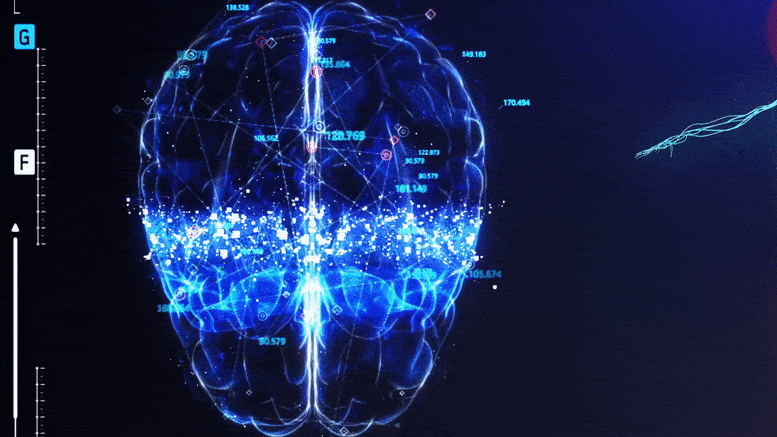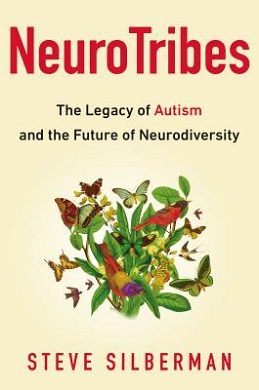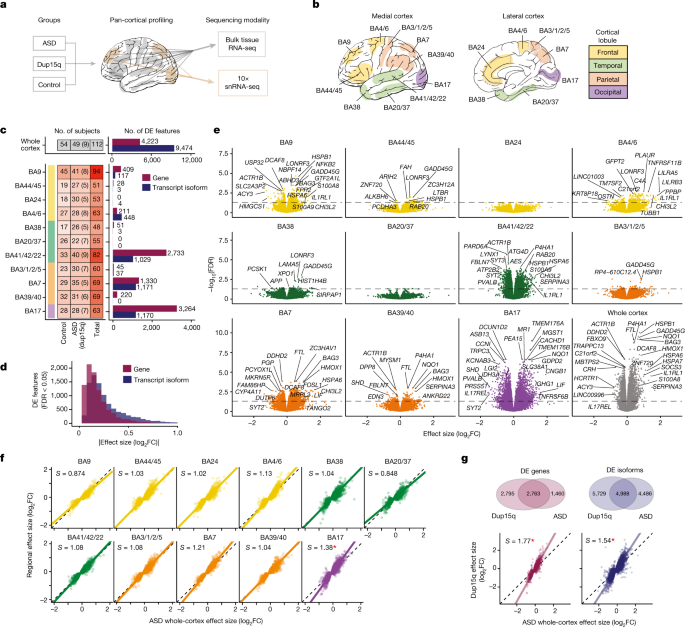I am still relatively new to this and I don't think I understand the issues well enough. But I am getting the picture that there's a clear divide, sometimes between people who have autism and those who treat autism, and sometimes the divide is a more type-type match as in between this scientific study and that scientific study.
Why does science purport that autism is a disorder that needs to be treated?
A disorder would confirm there is something wrong with me; a difference is more in line with having a different operating system.
This article falls on the "autism is a disorder" side.

Thoughts?
Why does science purport that autism is a disorder that needs to be treated?
A disorder would confirm there is something wrong with me; a difference is more in line with having a different operating system.
This article falls on the "autism is a disorder" side.

Brain Changes in Autism Are Far More Extensive Than Previously Known
UCLA study is the most comprehensive effort ever to study how autism affects the brain at the molecular level. Brain changes in autism are comprehensive throughout the cerebral cortex, not only confined to particular regions traditionally considered to affect language and social behavior. These a
scitechdaily.com
Thoughts?


